Whole-genome sequencing
Recent articles
Why hasn’t genetics taught us more about schizophrenia?
Large-scale genomics studies have failed to identify specific pathways that go awry in schizophrenia. Alternative approaches focusing on cellular, molecular and systems-level changes may be needed.

Why hasn’t genetics taught us more about schizophrenia?
Large-scale genomics studies have failed to identify specific pathways that go awry in schizophrenia. Alternative approaches focusing on cellular, molecular and systems-level changes may be needed.
X marks the spot in search for autism variants
Genetic variants on the X chromosome, including those in the gene DDX53, contribute to autism’s gender imbalance, two new studies suggest.
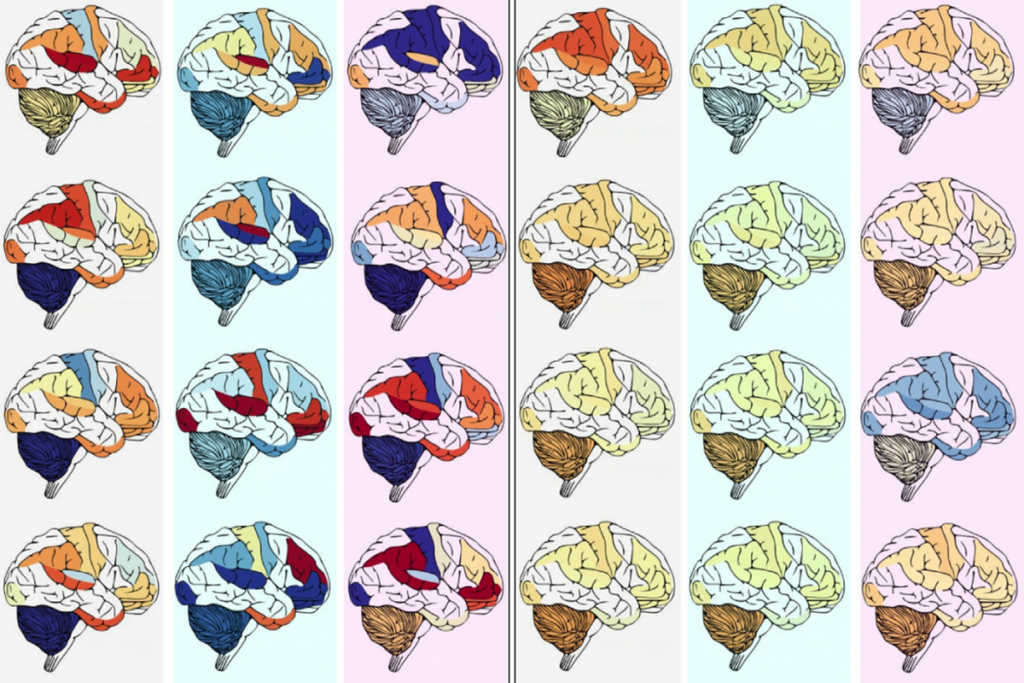
X marks the spot in search for autism variants
Genetic variants on the X chromosome, including those in the gene DDX53, contribute to autism’s gender imbalance, two new studies suggest.
Building an autism research registry: Q&A with Tony Charman
A purpose-built database of participants who have shared genomic and behavioral data could give clinical trials a boost, Charman says.

Building an autism research registry: Q&A with Tony Charman
A purpose-built database of participants who have shared genomic and behavioral data could give clinical trials a boost, Charman says.
Autism subgroups converge on cell growth pathway
Faulty mTOR signaling, implicated in syndromic forms of autism, also hinders cells grown from people with idiopathic autism or autism-linked deletions on chromosome 16.
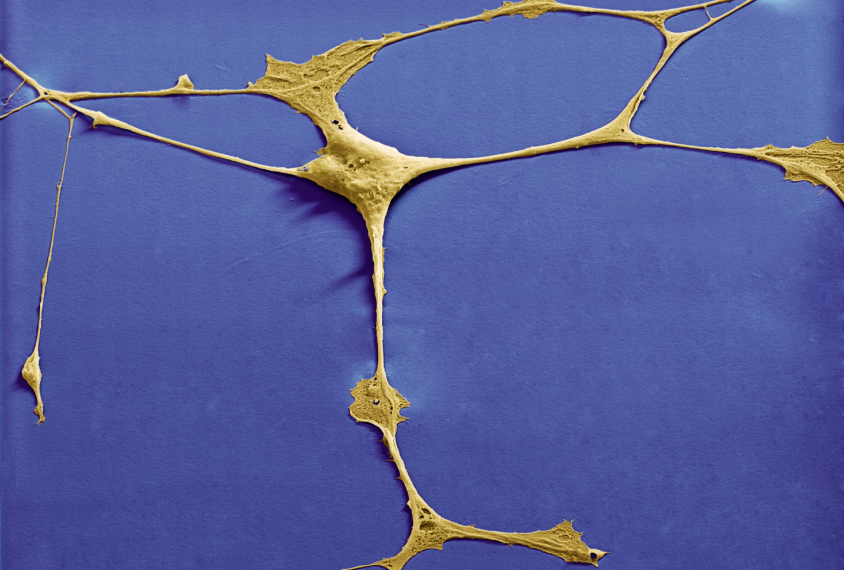
Autism subgroups converge on cell growth pathway
Faulty mTOR signaling, implicated in syndromic forms of autism, also hinders cells grown from people with idiopathic autism or autism-linked deletions on chromosome 16.
Genome structure could be key factor in some forms of autism
Variants in DNA stretches that do not code for proteins may alter the genome’s 3D architecture, influencing the expression of distant genes linked to autism.
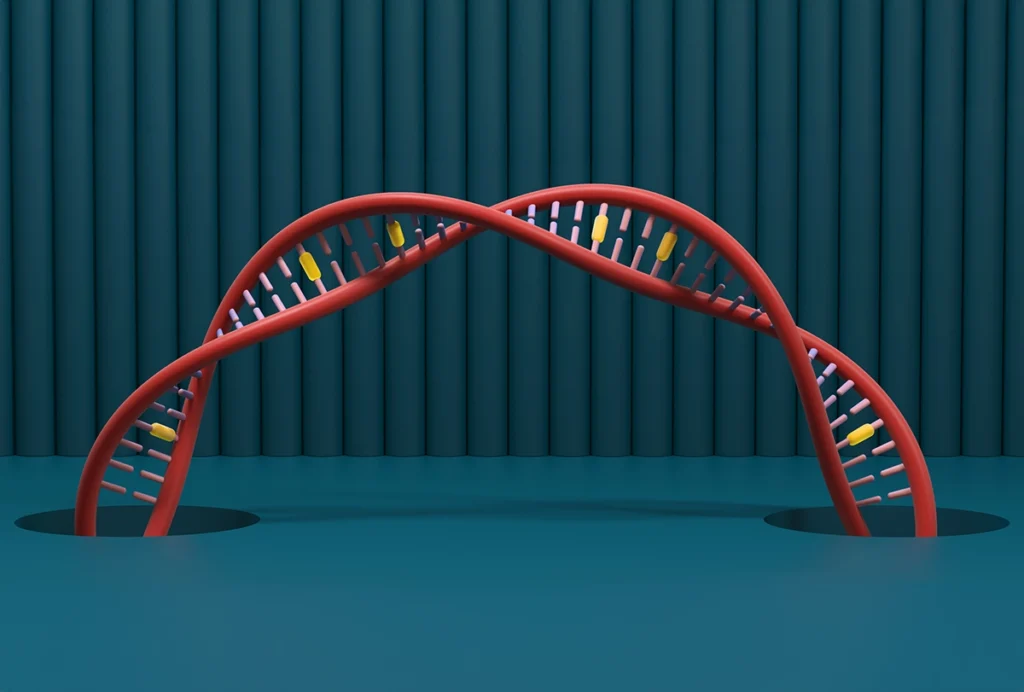
Genome structure could be key factor in some forms of autism
Variants in DNA stretches that do not code for proteins may alter the genome’s 3D architecture, influencing the expression of distant genes linked to autism.
How long-read sequencing will transform neuroscience
New technology that delivers much more than a simple DNA sequence could have a major impact on brain research, enabling researchers to study transcript diversity, imprinting and more.

How long-read sequencing will transform neuroscience
New technology that delivers much more than a simple DNA sequence could have a major impact on brain research, enabling researchers to study transcript diversity, imprinting and more.
Common genetic variants shape the structure of the cortex
A genome-wide association study lays a foundation for deeper investigation of these variants in neurodevelopmental conditions.
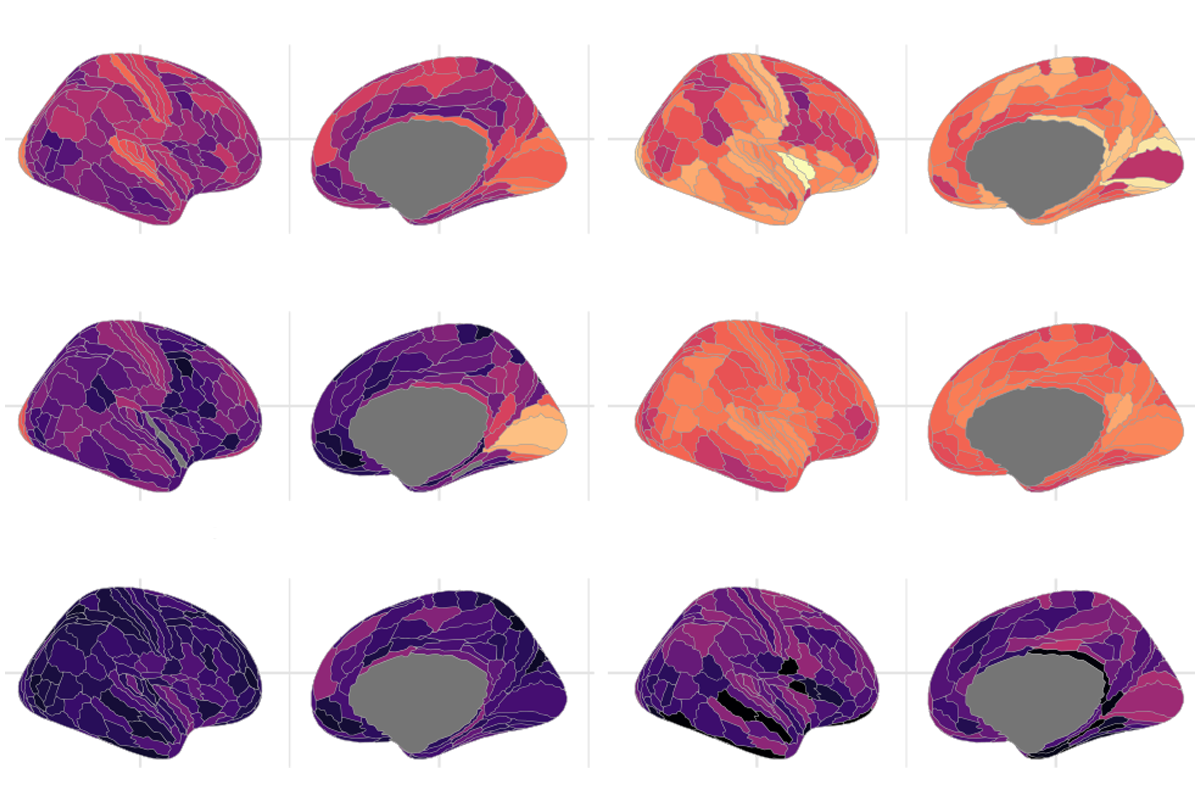
Common genetic variants shape the structure of the cortex
A genome-wide association study lays a foundation for deeper investigation of these variants in neurodevelopmental conditions.
Head size parts autism into two major subtypes
An imbalance in the number of excitatory neurons in early brain development may account for the difference.
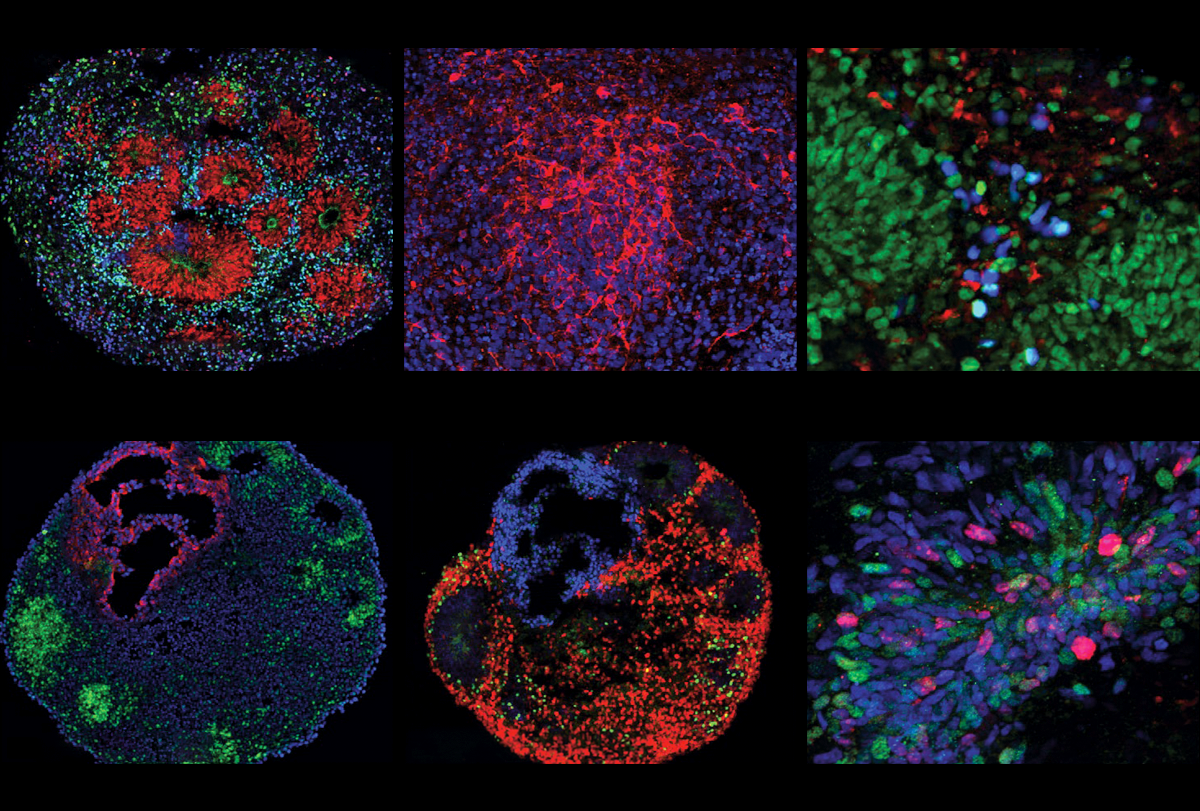
Head size parts autism into two major subtypes
An imbalance in the number of excitatory neurons in early brain development may account for the difference.
Evdokia Anagnostou and the concept of a good life
The Holland Bloorview clinician and research director discusses how growing up on a small island shaped her career and the existential questions that keep her up at night.

Evdokia Anagnostou and the concept of a good life
The Holland Bloorview clinician and research director discusses how growing up on a small island shaped her career and the existential questions that keep her up at night.
Mitochondria mediate effects of PTEN mutations
Whole-genome sequencing data — which include information about mitochondrial DNA — offer clues to why mutations in the same gene can lead to autism or cancer.

Mitochondria mediate effects of PTEN mutations
Whole-genome sequencing data — which include information about mitochondrial DNA — offer clues to why mutations in the same gene can lead to autism or cancer.
Explore more from The Transmitter
Reporter’s notebook: Highlights from INSAR 2025
The annual meeting brought autism researchers, advocates and clinicians to Seattle to discuss the latest research, including attempts to define subgroups, a potential new CHD8 macaque model and life expectancy gaps.

Reporter’s notebook: Highlights from INSAR 2025
The annual meeting brought autism researchers, advocates and clinicians to Seattle to discuss the latest research, including attempts to define subgroups, a potential new CHD8 macaque model and life expectancy gaps.
NIDA shutters diversity fellowship program, axes active awards
It’s unclear if the cancellation at the U.S. National Institute on Drug Abuse extends to the fellowships awarded by other institutes within the National Institutes of Health.

NIDA shutters diversity fellowship program, axes active awards
It’s unclear if the cancellation at the U.S. National Institute on Drug Abuse extends to the fellowships awarded by other institutes within the National Institutes of Health.
‘We still exist’: How four neuroscience advocacy groups are navigating federal DEI funding cuts
Trainees from underrepresented backgrounds are losing pillars of support in the current funding climate. Grassroots mentorship organizations are stepping in to continue championing early-career researchers.
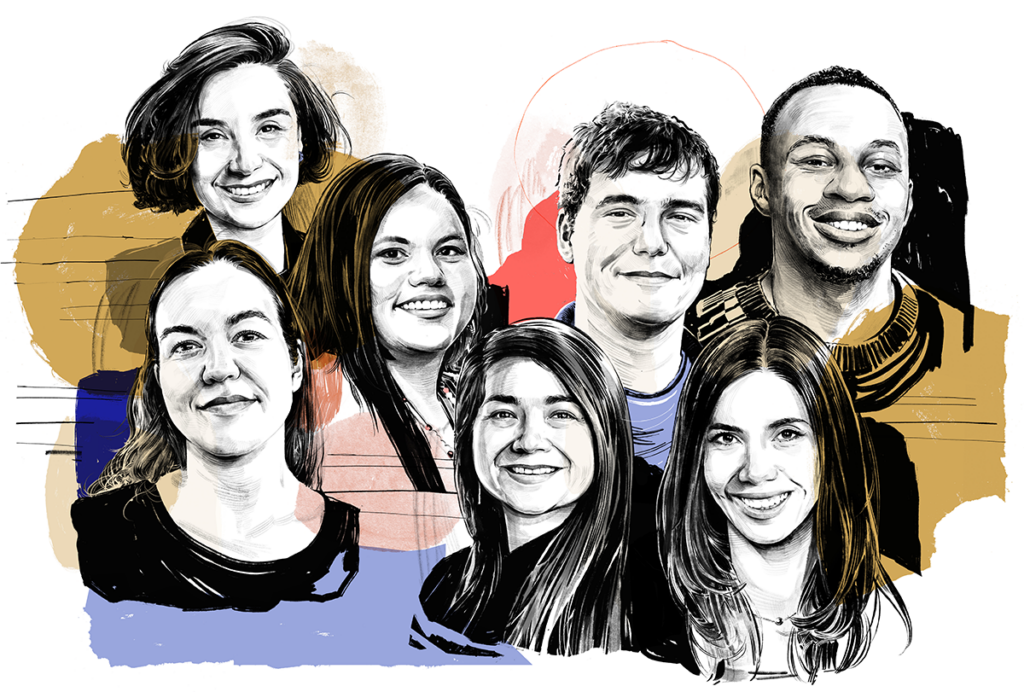
‘We still exist’: How four neuroscience advocacy groups are navigating federal DEI funding cuts
Trainees from underrepresented backgrounds are losing pillars of support in the current funding climate. Grassroots mentorship organizations are stepping in to continue championing early-career researchers.